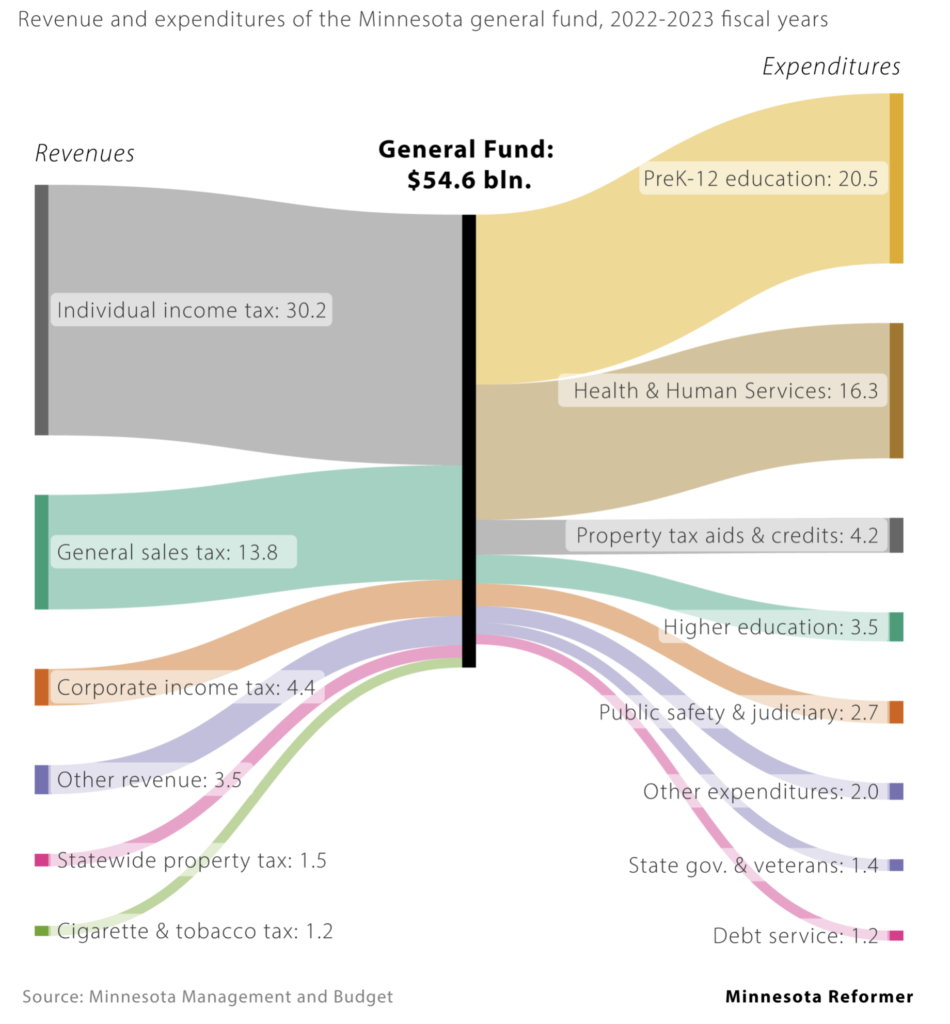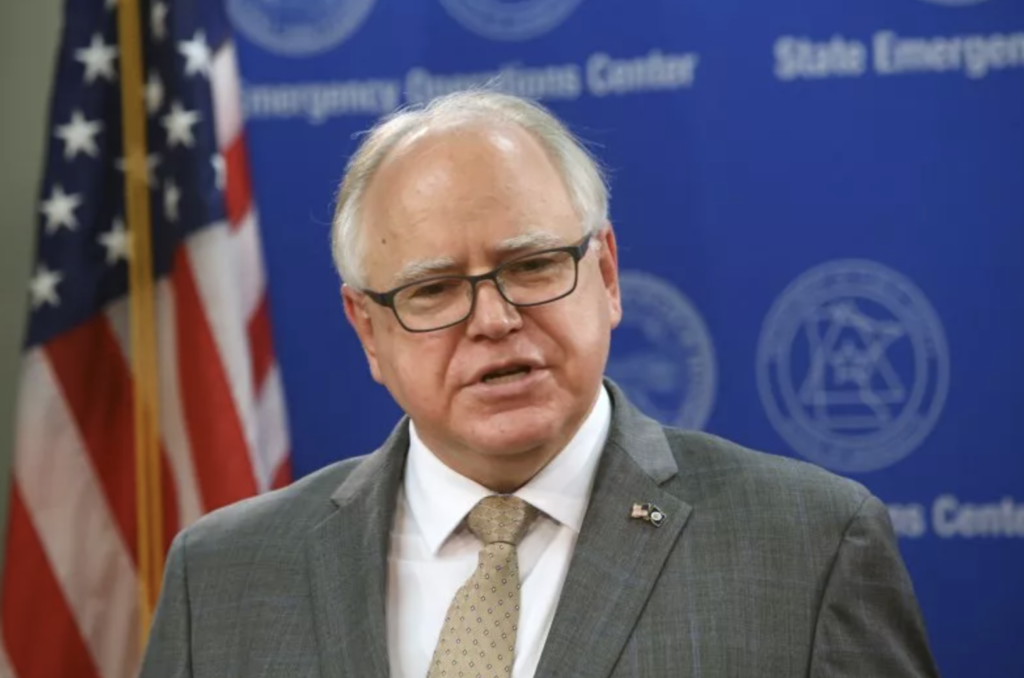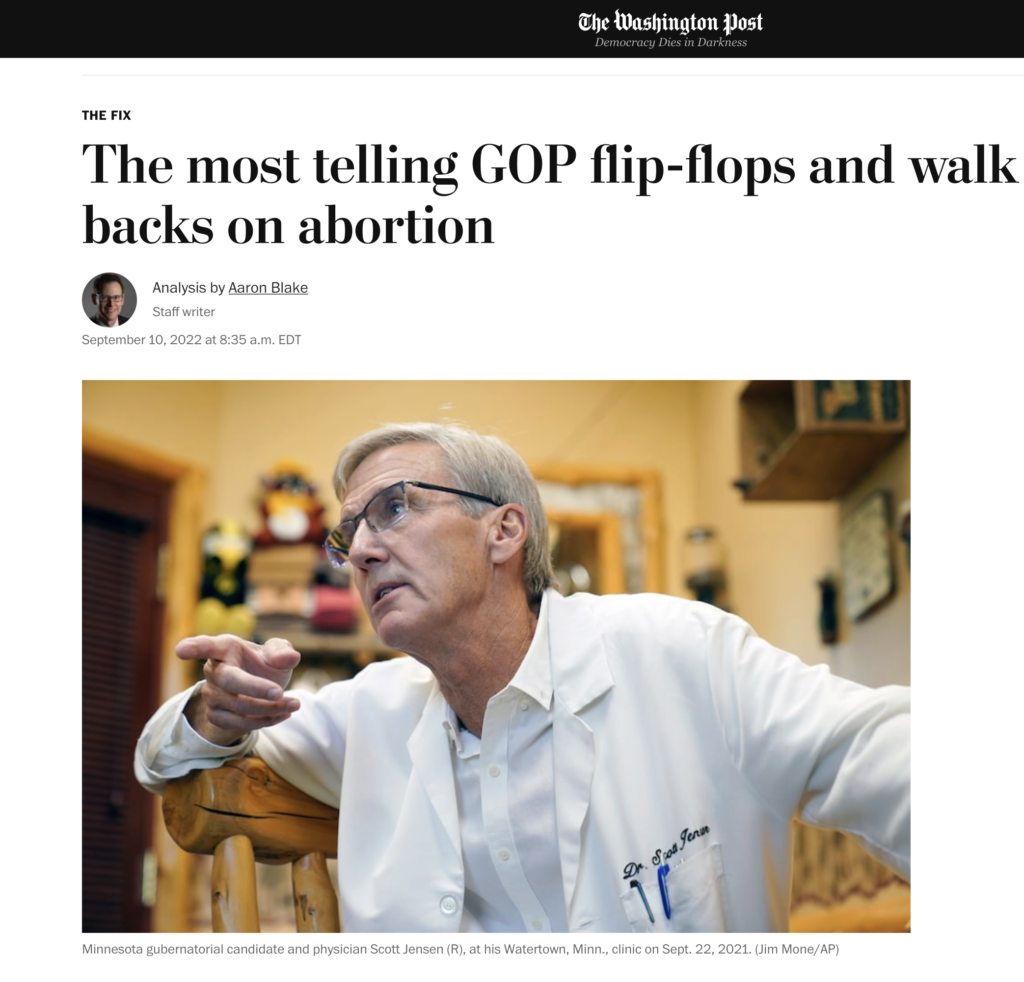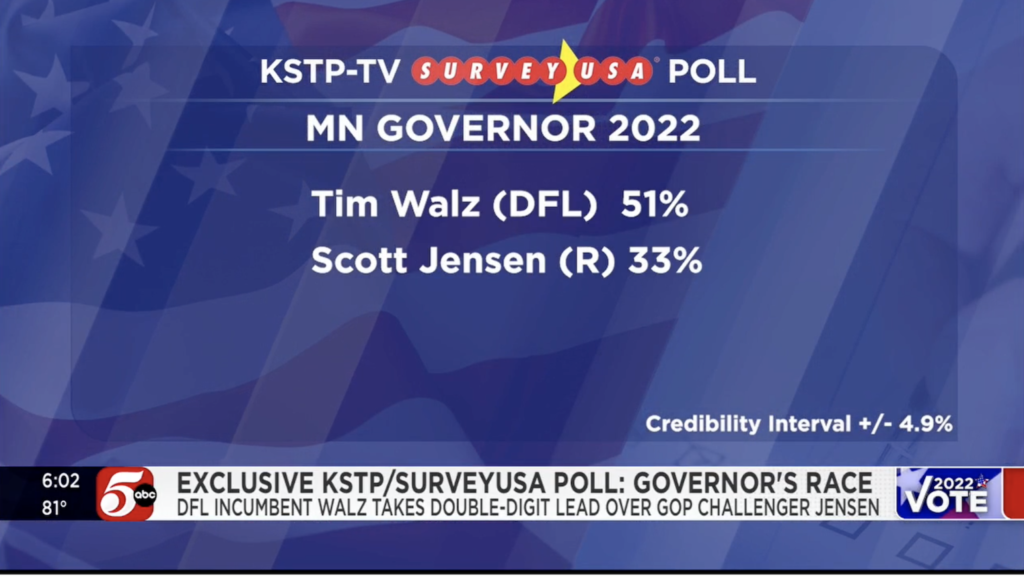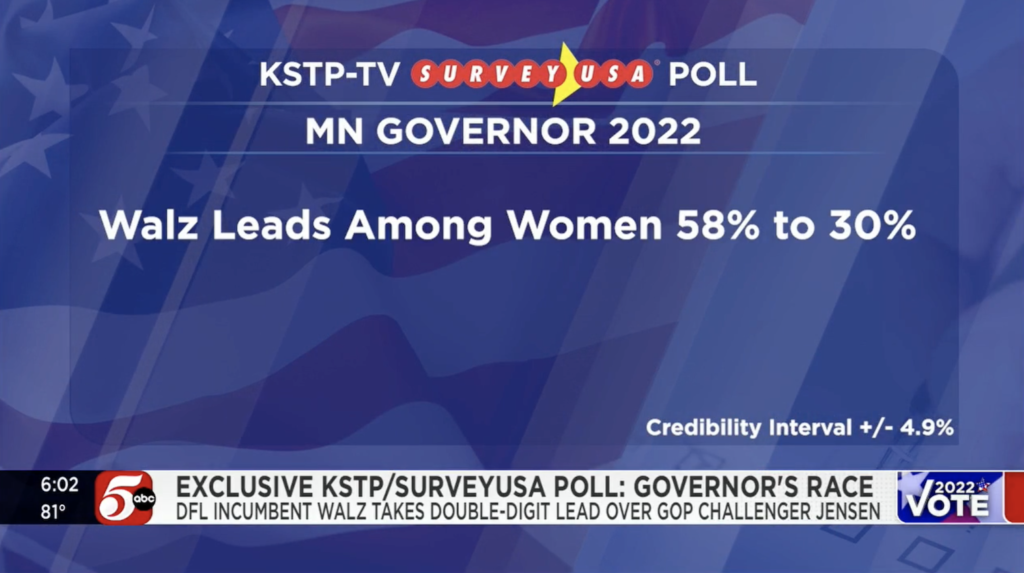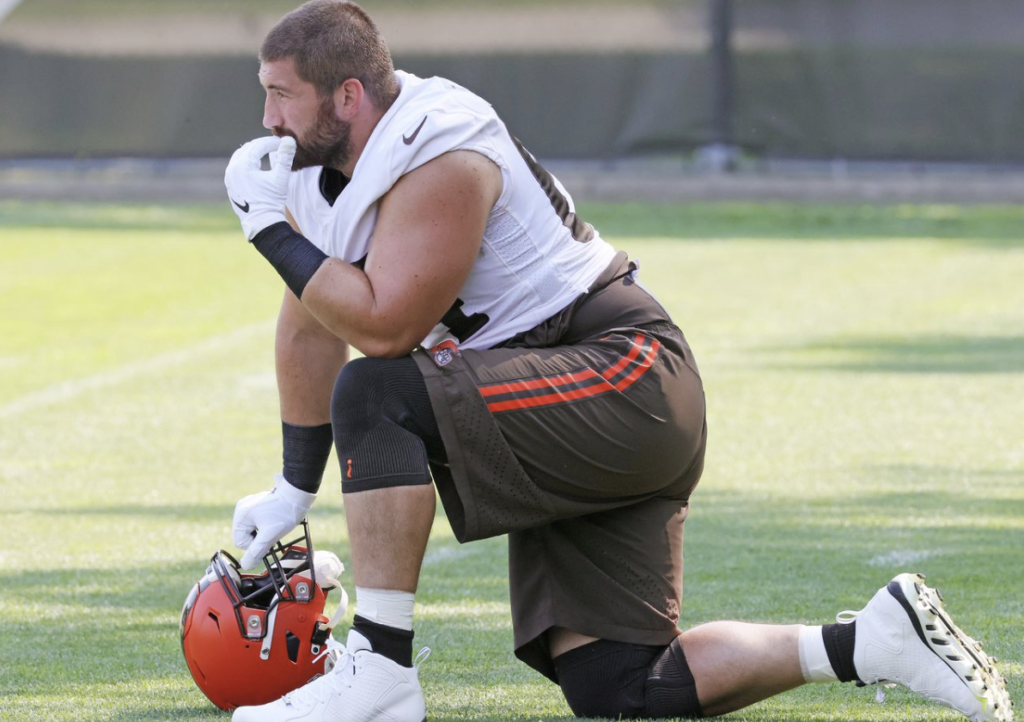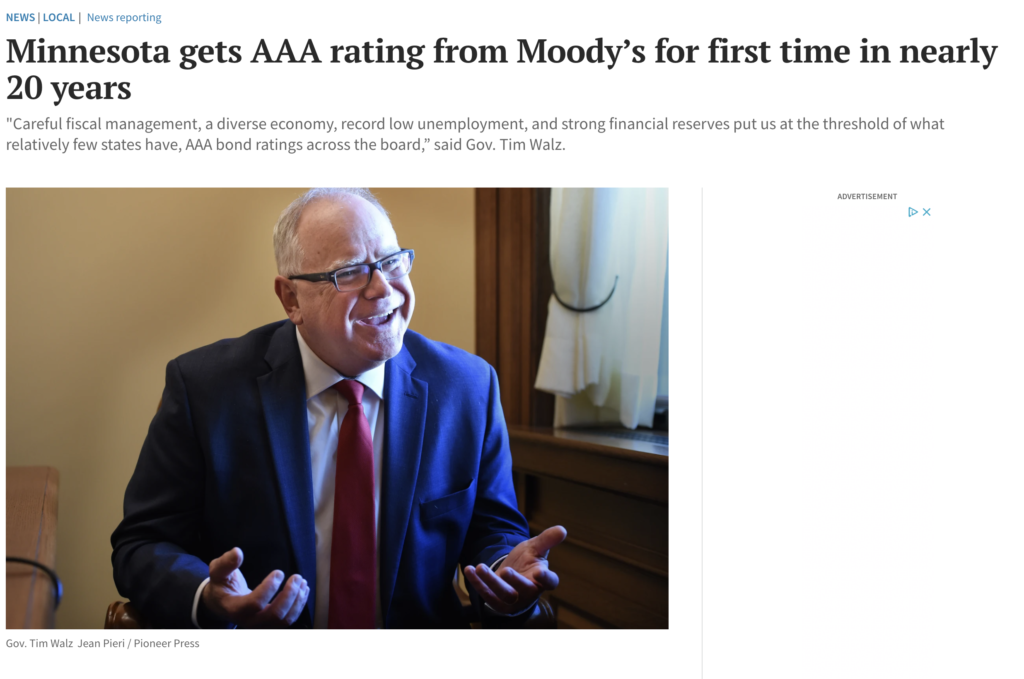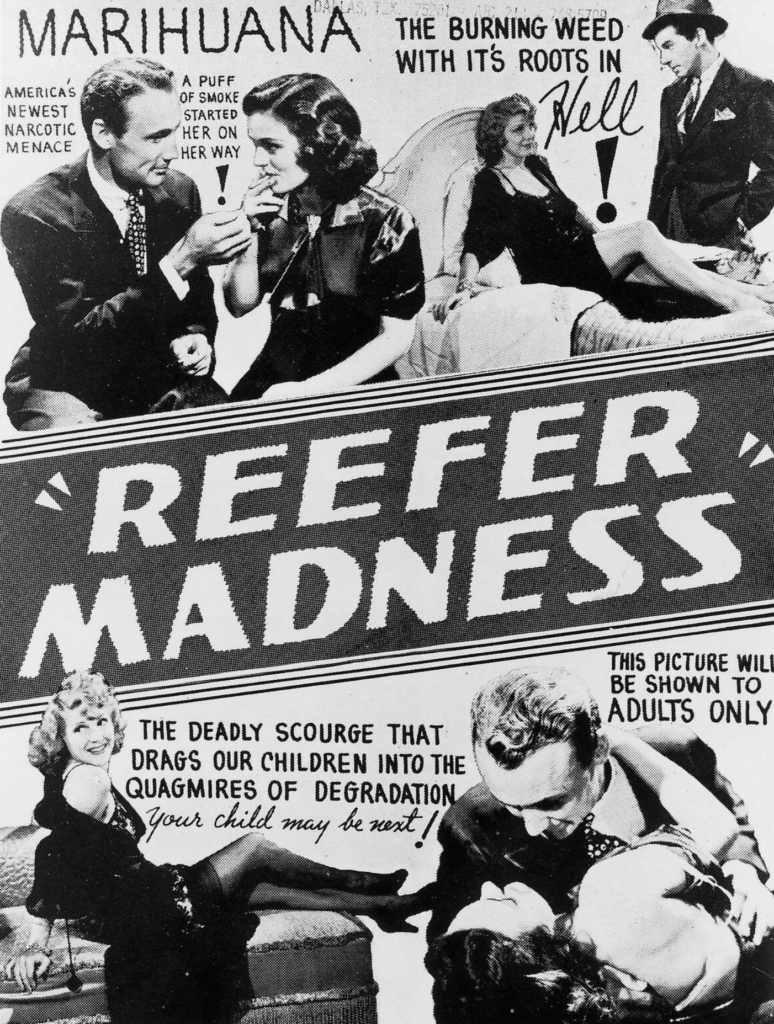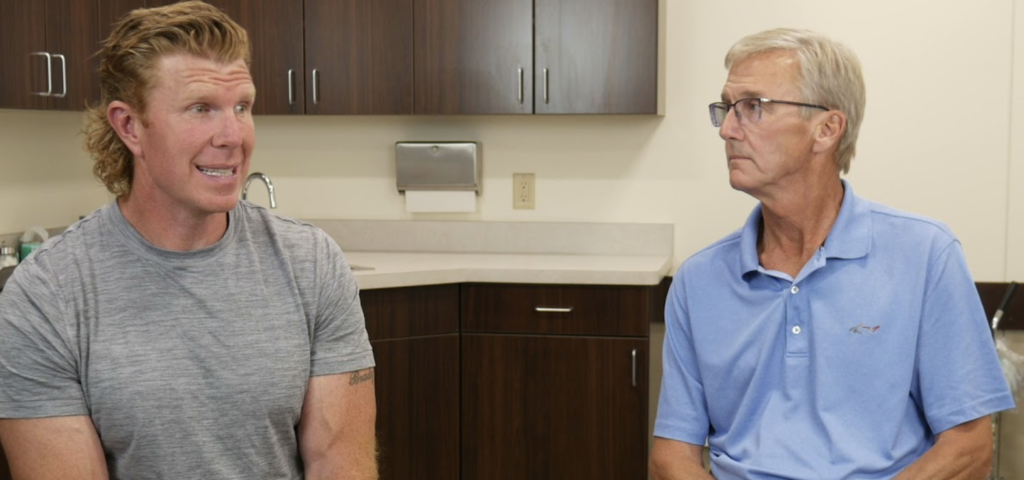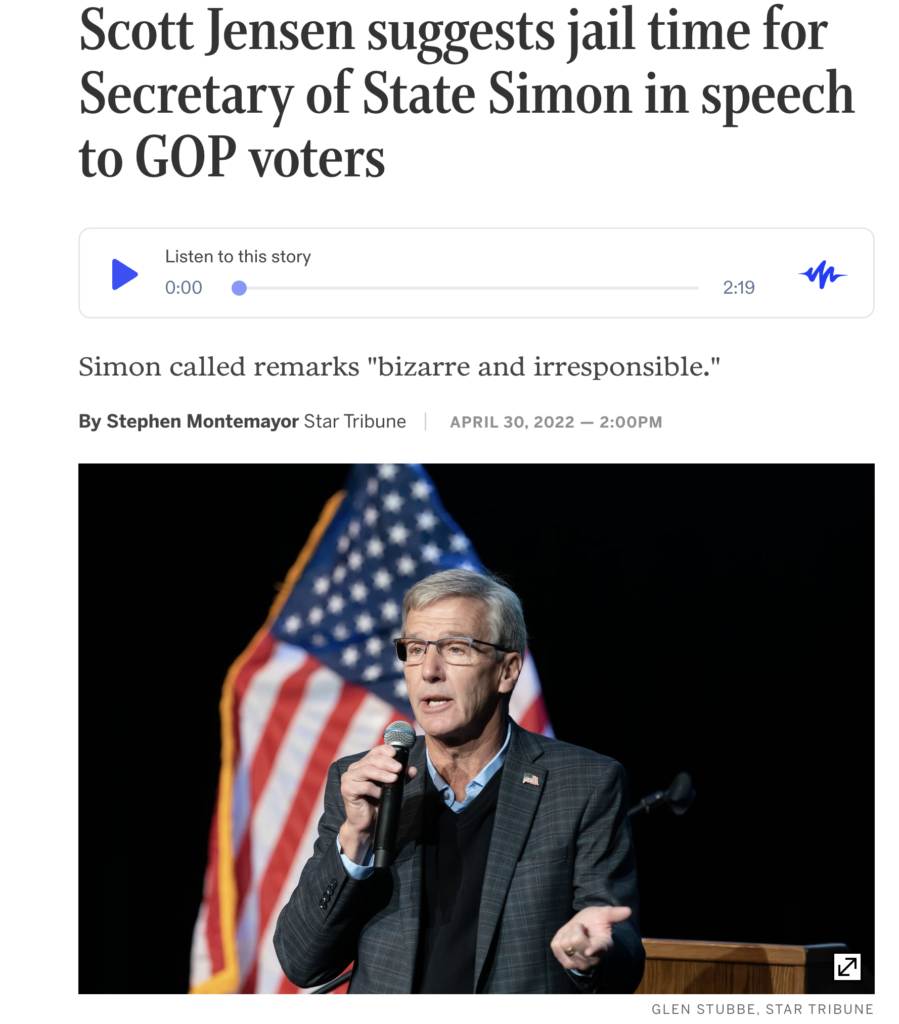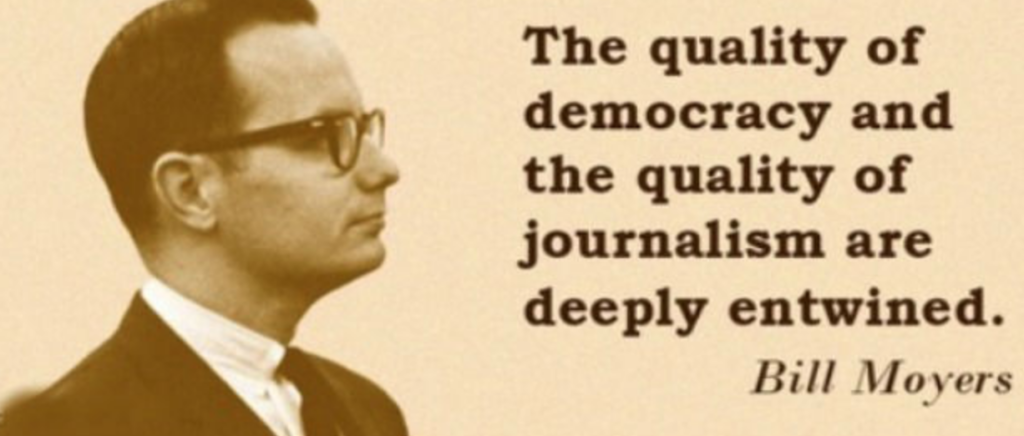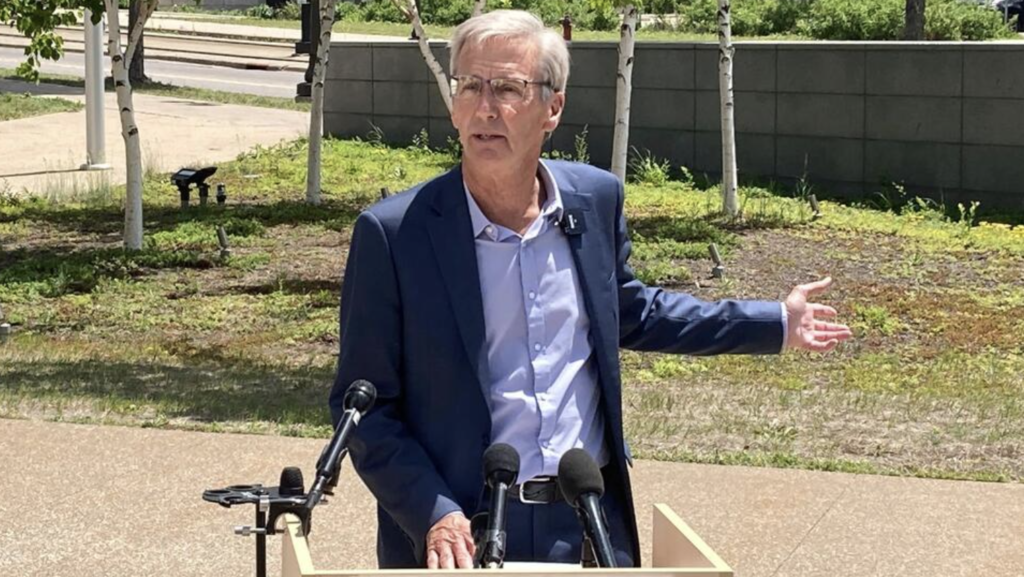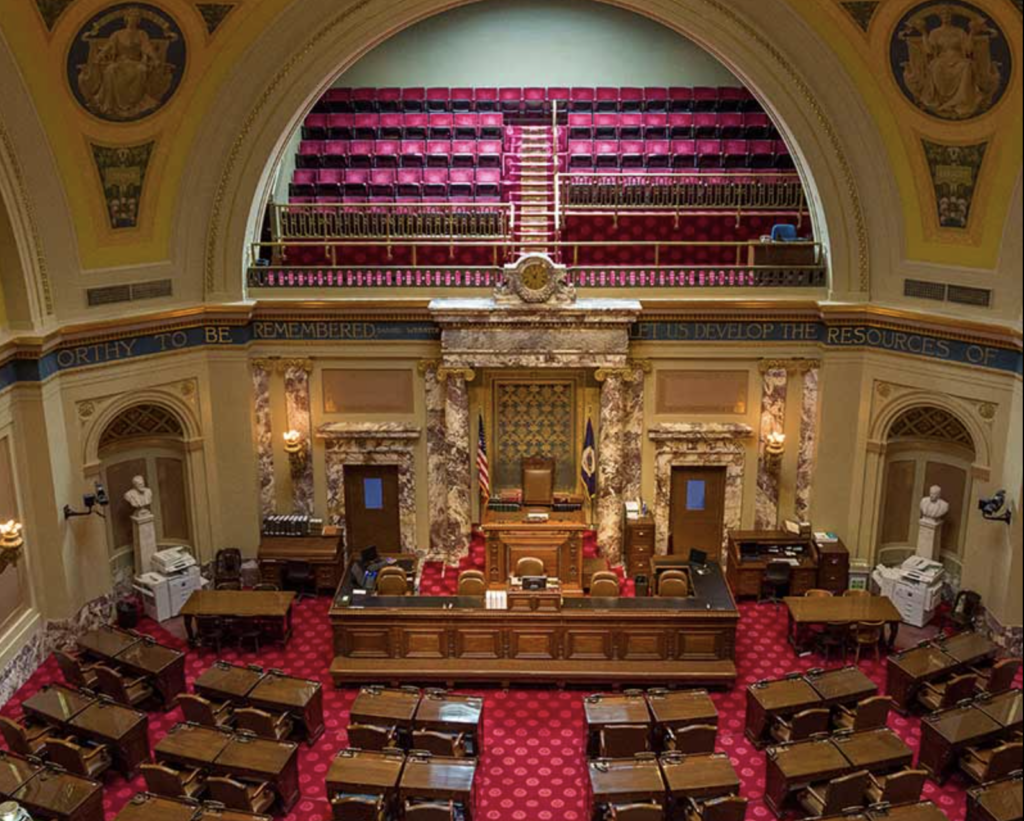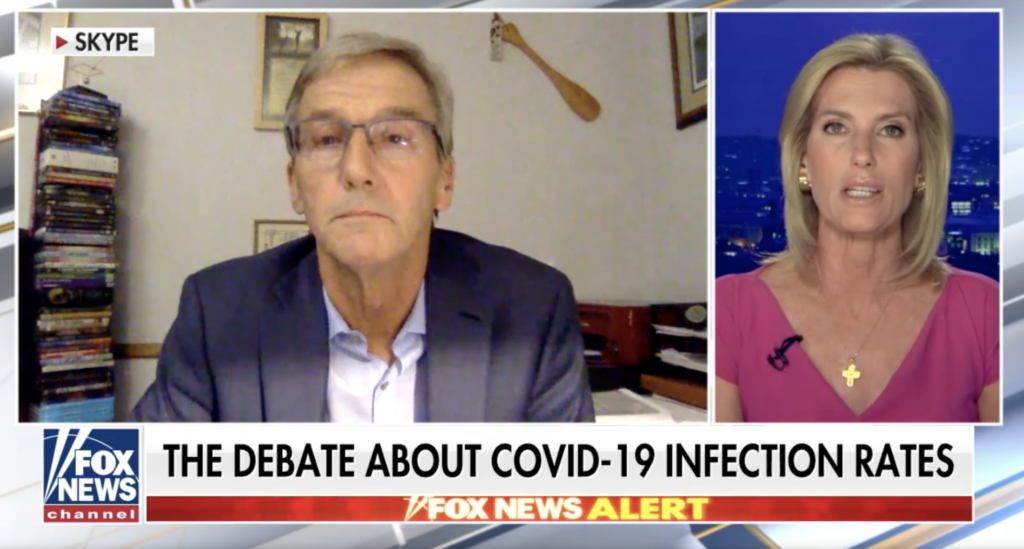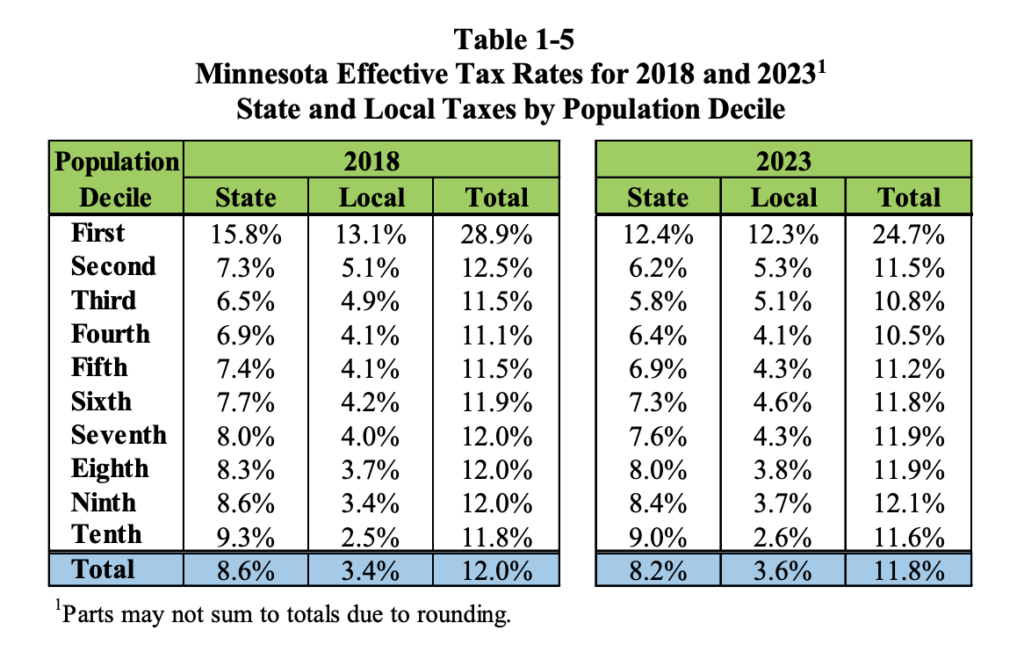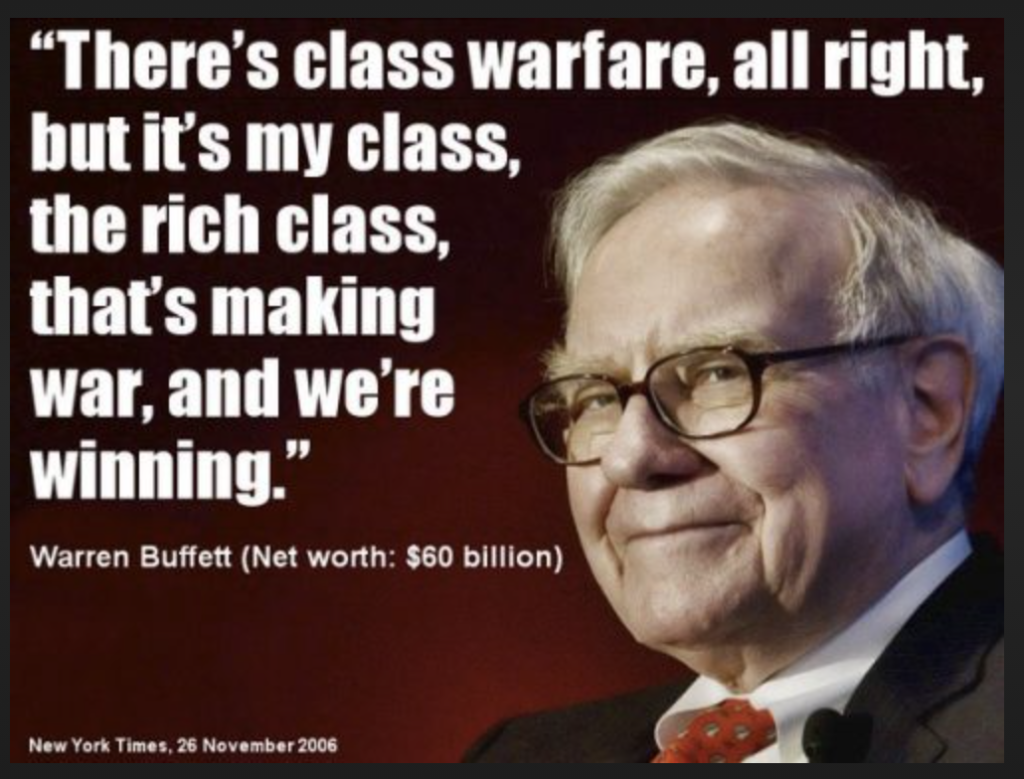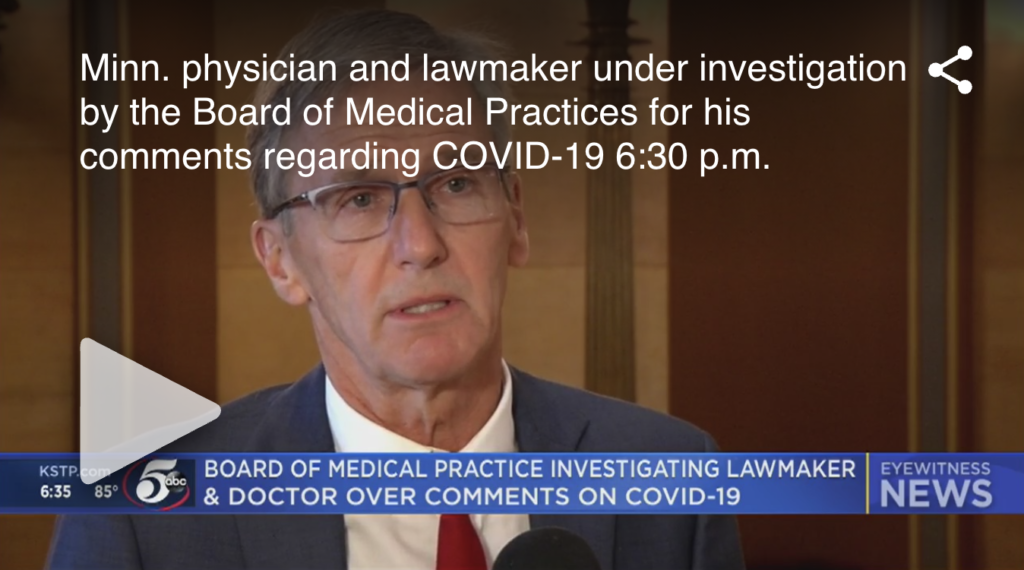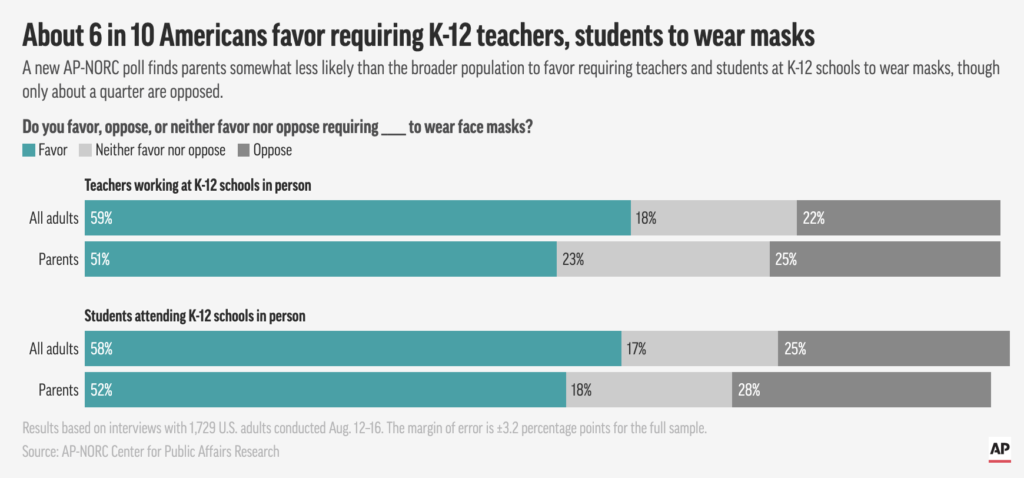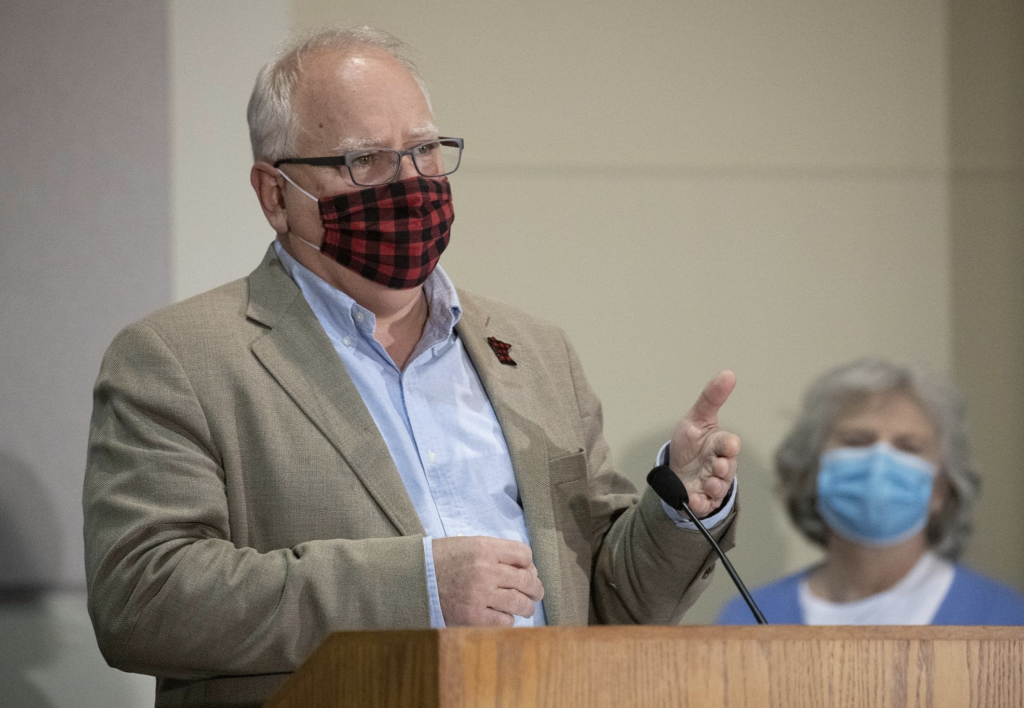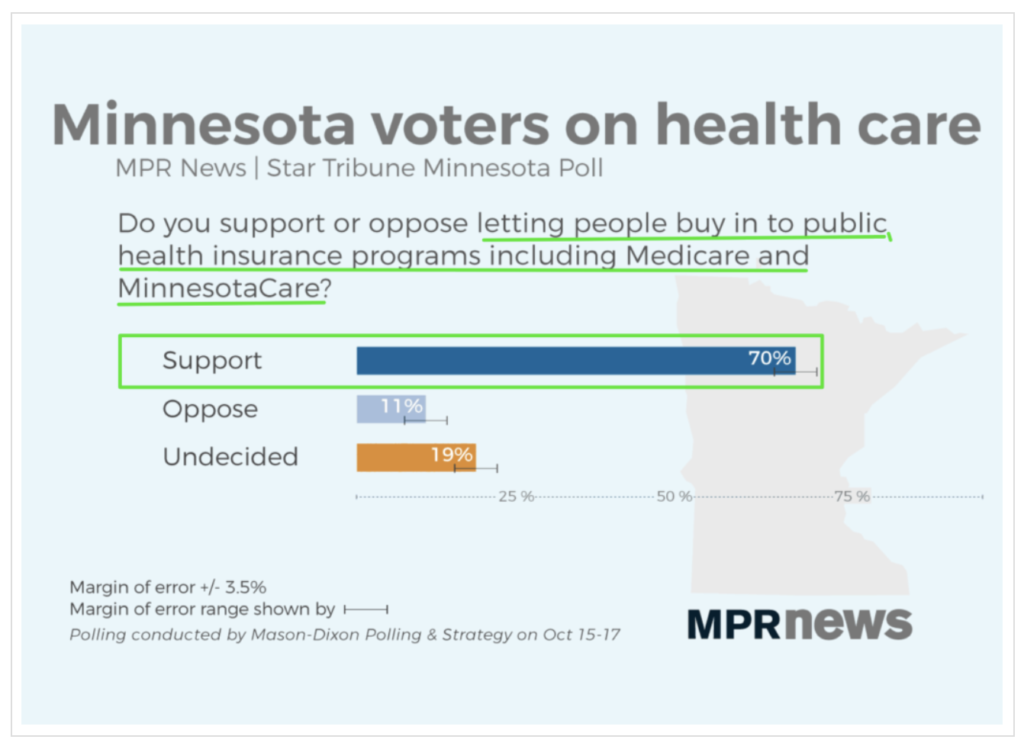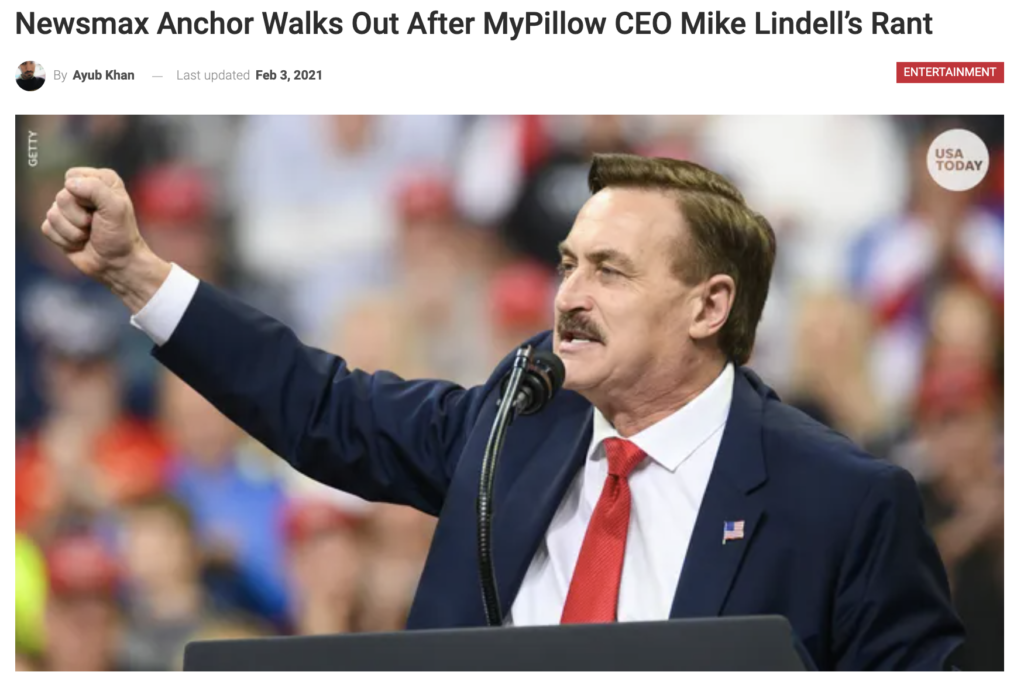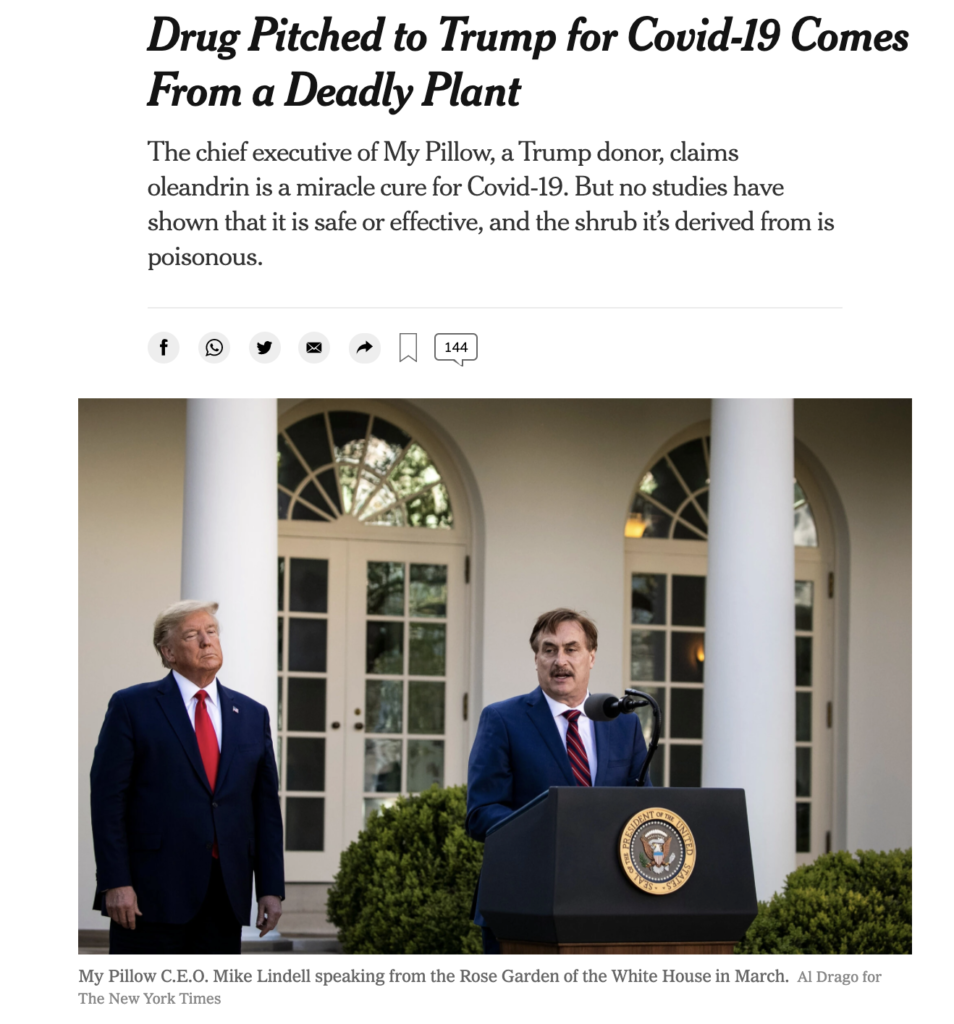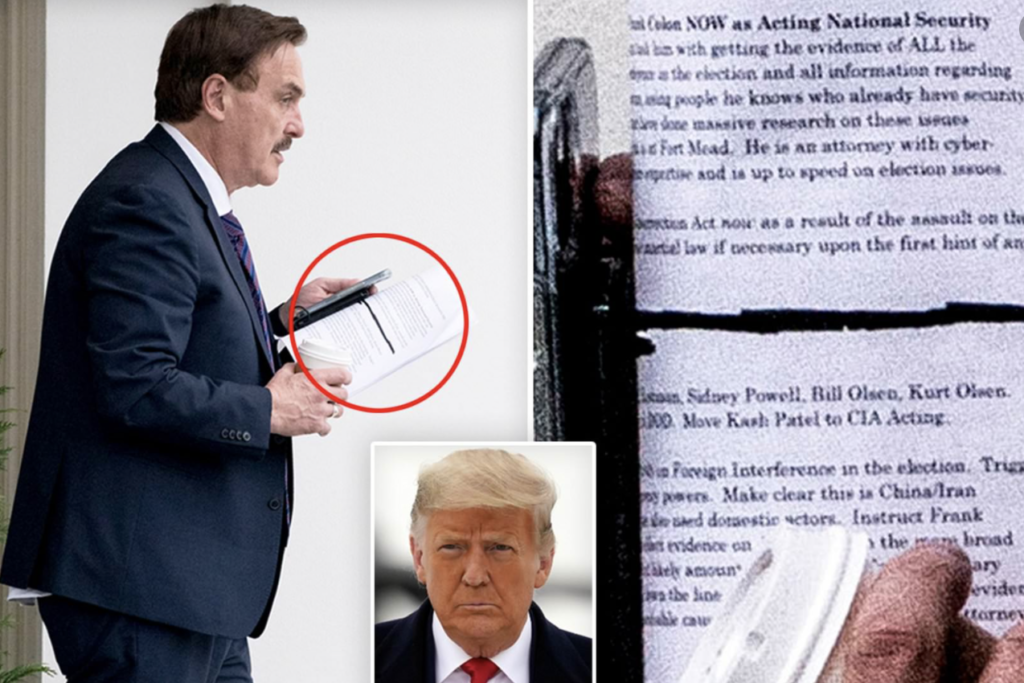Elections in a purple state can give you whiplash.
After red wave elections, we’re led by Republicans like Tim Pawlenty who push for low taxes, poor services, and culture wars.
After blue wave elections, we’re led by DFLers like Tim Walz who push for higher taxes, better services, and cultural tolerance.
After elections with more mixed results, legislative stalemates cause us to keep the prevailing status quo frozen in place.
That makes every election cycle extremely consequential.
The South Dakota Vision for Minnesota
In 2022, a decidedly purple Minnesota – at the time, it was the only state in the nation with one chamber of the state Legislature controlled by Democrats and the other controlled by Republicans – held a particularly high-stakes election.
If Minnesota voters had elected ultra-conservative former physician gubernatorial candidate Scott Jensen and a Republican Legislature dominated by far-right Trumpers, Minnesota would have become a conservative promised land, much like its neighbor to the west, South Dakota.
During the campaign, Jensen and other Republicans proposed a race-to-the-bottom on taxes, including eliminating the state income tax, which would have led to dramatically worse services. Republican spinmeisters prefer to say “smaller government,” but the reality is that it would have meant much worse services. The anti-vaxxer Doc Jensen also pledged a South Dakota-like war on public health and culture war initiatives to force conservatives’ thinking on gays, guns, God, and gynecology on all Minnesotans.
In other words, think Kristi Noem, with a stethoscope prop.
The Scandinavia Vision for Minnesota
Fortunately, 192,408 more Minnesotans voted for incumbent Governor Tim Walz than Jensen. More surprisingly, since it was predicted to be a historically horrible year for Democrats, Minnesotans also elected narrow DFL majorities in the state House and Senate. The all-important Senate majority is especially razor-thin at 34-33.
Walz and the DFL-controlled Legislatures are armed with a $17.5 billion budget surplus and are offering a vision that is more like a social democratic-led Scandinavian country in the 1970s than South Dakota in the 2020s:
- Paid family and medical leave;
- An enormous funding increase for public schools;
- A targeted child tax credit to dramatically reduce childhood poverty;
- Free school lunches for all students;
- An opportunity for people without employer-based health insurance to buy into public health insurance (MinnesotaCare/Medicaid), instead of only being able to choose private insurance;
- Down payment assistance for first-time home buyers, homelessness prevention, affordable housing, and rent vouchers;
- A huge package to save the beleaguered childcare sector and make child care free for poor families and more affordable for middle-class families;
- Large subsidies for weatherization, electric vehicle infrastructure, and solar energy expansion to combat climate change;
- A range of gun violence prevention reforms, such as universal background checks, red flag laws to prevent people who could be perceived as a threat to themselves or others from getting guns, raising the legal age for obtaining military-style rifles to 21, and banning high-capacity magazines;
- Legalized marijuana and expunged records for past offenders;
- Driver’s licenses for undocumented immigrants;
- Automatic voter registration;
- Enfranchising felons who have served their time; and
- A capital gains tax hike for the wealthiest Minnesotans.
The list goes on. Overall, think Bernie Sanders, with a Fargo accent.
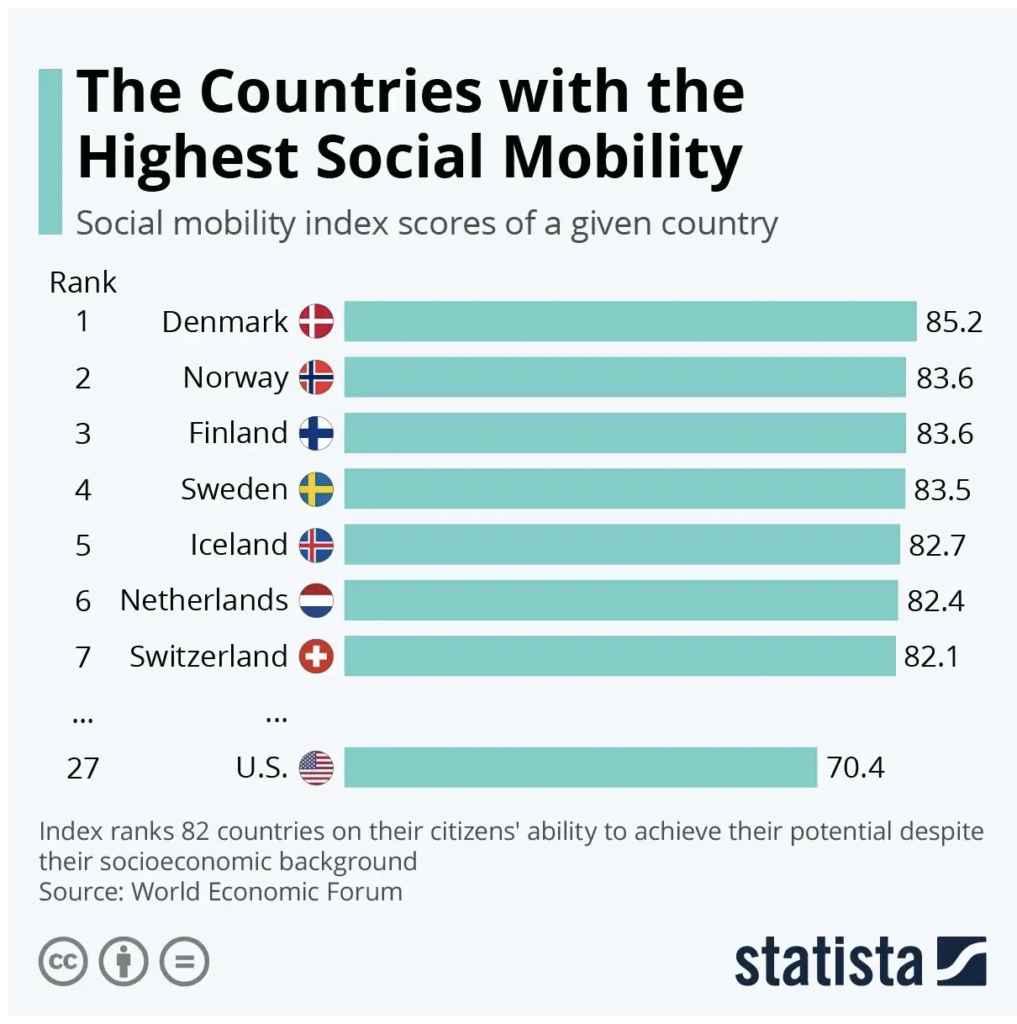
This is the most dramatic swing of state policy in my lifetime, and perhaps in the history of the state. And if somebody you may have never heard of, Judy Seeberger (DFL-Afton), had received just 322 fewer votes in her state Senate race, most of those changes would never have been possible. Without Seeberger’s handful of votes in the eastern suburbs of the Twin Cities metropolitan area, Minnesota would still be stuck in limbo between the South Dakota vision and the Scandinavia vision. 322 votes.


